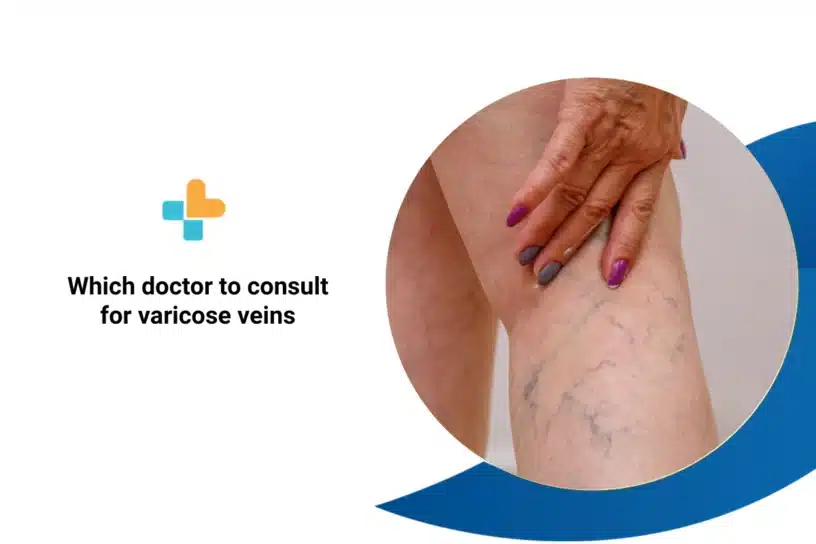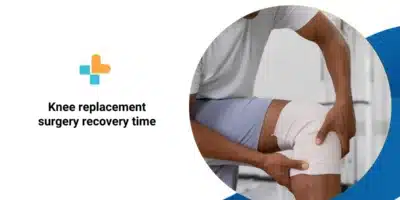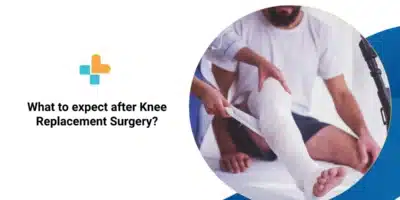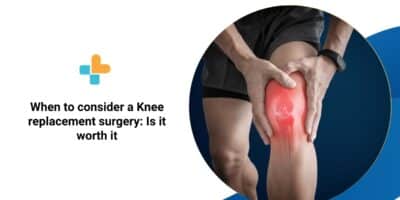Varicose veins are twisted and enlarged veins, most commonly found in the legs. The impact of varicose veins on daily life can vary depending on the severity of the problem. For some individuals, varicose veins may only be a cosmetic concern. However, others may experience discomfort, pain, and limitations in their daily activities, particularly after long periods of standing or sitting. Engaging in activities that require prolonged leg movement can become challenging. Alongside physical symptoms, varicose veins can also have psychological and emotional effects. Individuals may feel self-conscious or embarrassed about the appearance of their veins, which can negatively impact their self-esteem and confidence. It is crucial to seek medical attention and explore appropriate treatment options to address symptoms, improve comfort, and enhance overall well-being.
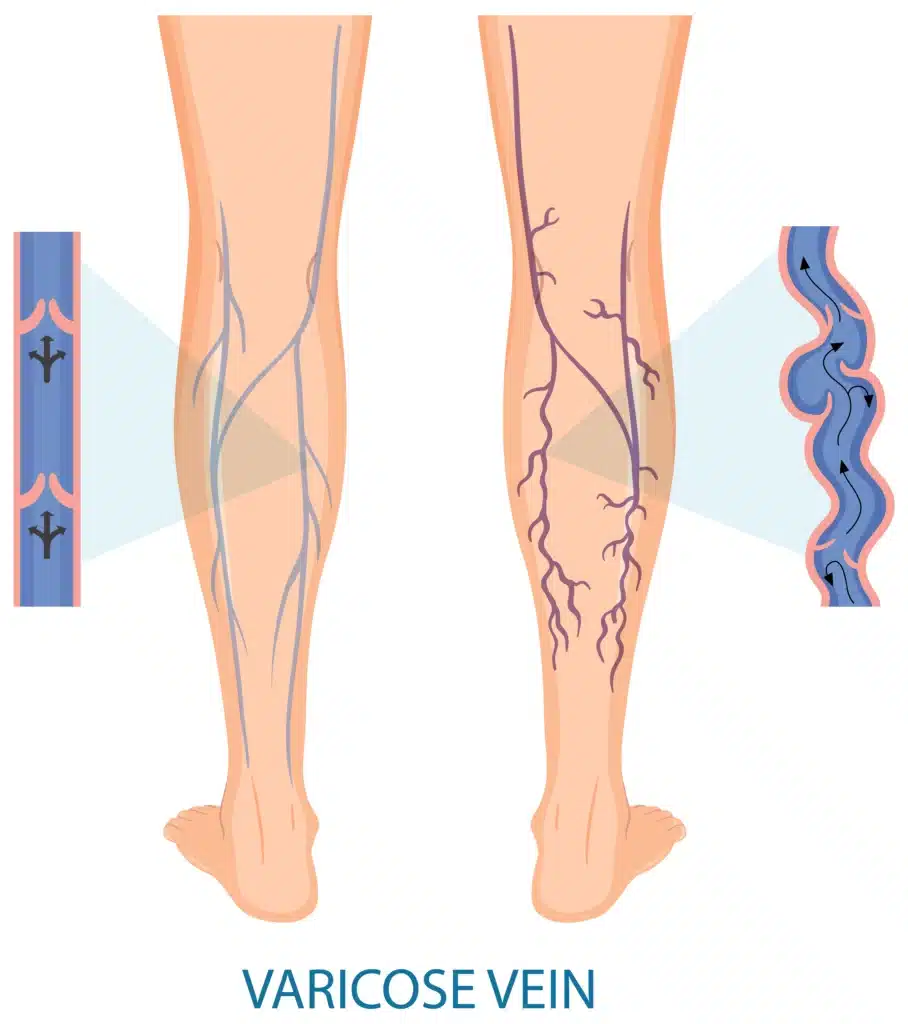
Understanding Varicose Veins
Varicose veins, also referred to as varicose or varicosities, develop when veins become enlarged, dilated, and filled with an excess amount of blood. These veins typically appear swollen and raised and may exhibit a bluish-purple or red color. Varicose veins can often be accompanied by pain.
The condition is quite prevalent, particularly among women. While varicose veins and spider veins, which are a milder form of varicose veins, may be primarily viewed as a cosmetic concern for many individuals, they can also cause discomfort and aching pain for others. In some cases, varicose veins can lead to more serious complications.
When does varicose veins happen?
Varicose veins occur when there is high pressure in the veins. Various risk factors that can increase the pressure within the vein and cause varicose veins may include the following,
- Being overweight or obese
- Being a woman
- Old age
- An injury to the leg
- Smoking
- Use of hormone replacement therapy or intake of oral contraceptives
- Pregnancy
- Menopause
- A family history
- Lack of activity
What are the symptoms of varicose veins?
The various symptoms of varicose veins and their severity may differ from one patient to another. However, some common varicose veins symptoms may include the following,
- A feeling of pain or heaviness in the legs
- Changes in the color of the skin around the varicose veins
- Chronic pain after prolonged standing or sitting
- A throbbing or burning sensation in the lower legs
- Lower leg swelling
- Muscle cramps
- Itching around the varicose veins
Types of Doctors that Treat Varicose Veins
There are various doctors that can help in treating varicose veins. These doctors for varicose veins treatment include the following,
1. Phlebologists
Phlebologists are medical professionals who specialize in examining, preventing, treating, and rehabilitating venous diseases. While any surgeon, dermatologist, or general practitioner can pursue additional training and become a phlebologist.
2. Vascular Surgeons
Interventional radiologists are medical doctors who have undergone an extra 6 to 7 years of specialized training in performing minimally invasive procedures. They use imaging technologies such as X-rays, ultrasounds, and MRIs to diagnose various medical conditions.
When it comes to varicose veins, interventional radiologists are skilled in performing specific procedures to treat them. Examples of such procedures include endovenous laser treatment or radiofrequency ablation.
3. Interventional Radiologists
Interventional radiologists are healthcare professionals who specialize in using advanced imaging techniques and minimally invasive procedures to treat various medical conditions, including veins.
To treat varicose veins, an interventional radiologist will create a small incision near the affected vein and introduces a thin tube called a catheter. The catheter is equipped with a device at its tip that generates heat, which is used to heat the inside portion of the vein and close it off. This procedure, known as endovenous ablation, is performed under the guidance of advanced imaging technologies to ensure precision and effectiveness.
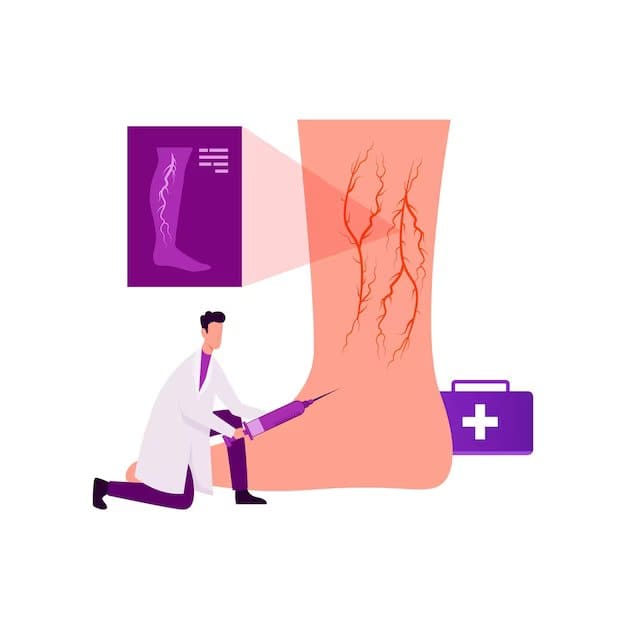
How to Choose a Vein Specialist?
When choosing a vein specialist, it is essential to show it to the primary doctor. Depending on the patient’s condition, the primary doctor will recommend the patient to a vein specialist. Certain of the key factors to consider when choosing a vein specialist may include,
- Qualification and expertise of the specialist
- Experience
- The reputation of the hospital and the specialist
- Facilities and technologies available
Top Vein Specialist from Ayu Health Hospitals
Conclusion
Twisted and enlarged veins that happen when the veins become enlarged, dilated, and filled with an excess amount of blood are called varicose veins. These varicose veins can be caused by various factors and can impact the daily life of a person. It can lead to pain and discomfort in the leg, making it difficult to do everyday tasks. There are various doctors that can help in treating varicose veins. Upon experiencing varicose veins, it is important to show it to your primary doctor or family doctor. After examining your conditions, your primary doctor will either provide the treatment for it or recommend you to a specialist treating varicose veins such as a phlebologist, vascular surgeon, or interventional radiologist.
At Ayu Health Network of Hospitals, we have a team of exceptional doctors with years of experience in treating varicose veins. Our experts provide the best accurate diagnosis, treatment, and care for all conditions at affordable prices. To know more about us, check our website at www.ayu.health. If you have any problem and need assistance, you can seek help from our Ayu Mitras, stationed at every hospital, who will guide you through the process of admission to discharge.
Frequently Asked Questions
1. Which specialist treats varicose veins?
Specialists that can treat varicose veins by diagnosing the condition causing it include the following,
- Phlebologist
- Vascular surgeons
- Interventional radiologists
2. Is a dermatologist good for varicose veins?
Although dermatologists do not specialize in diagnosing and treating varicose veins, they can treat small spiders veins and varicose veins through laser therapy. However, it is still advised to consult a specialist who treats varicose veins.
3. Should I see a cardiologist for varicose veins?
While varicose veins are related to the circulatory system, it is not necessary to see a cardiologist for the treatment of varicose veins. It is generally recommended to check with a vascular specialist or a phlebologist to evaluate and treat varicose veins. If any underlying condition may require help from a cardiologist, then a vascular specialist or a phlebologist may recommend you to them.
4. What is the best way to treat varicose veins?
The best way to treat varicose veins depending on various factors, which includes the severity of the condition, the symptoms experienced, and the individual’s overall health. Varicose veins that are larger in size are commonly treated using methods such as ligation and stripping, laser treatment, or radiofrequency treatment. Depending on the specific case, a combination of these treatments may be the most effective approach. On the other hand, smaller varicose veins and spider veins are typically addressed through sclerotherapy or laser therapy applied to the skin.
5. Can varicose veins be cured?
Varicose veins cannot be completely cured, but their symptoms can be effectively managed and treated. Treatment options aim to improve symptoms, prevent complications, and reduce the appearance of varicose veins. With appropriate treatment, varicose veins can be controlled, and their progression can be slowed down.
Our Hospital Locations
General Surgery Hospitals in Chandigarh | General Surgery Hospitals in Bangalore | General Surgery Hospitals in Jaipur | General Surgery Hospitals in NCR | General Surgery Hospitals in Hyderabad
Our Doctors
General Surgery Doctors in Chandigarh | General Surgery Doctors in Bangalore | General Surgery Doctors in Jaipur | General Surgery Doctors in NCR | General Surgery Doctors in Hyderabad
About the Author

Dr. S. Goel
Dr. S. Goel is a renowned Internal Medicine Specialist currently practicing at Ayu Health, Bangalore. He is a Specialist in Internal Medicine, Diabetes HTN, Paediatric Care, and Family Medicine.

